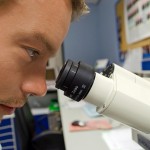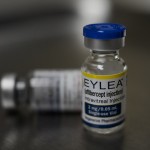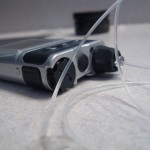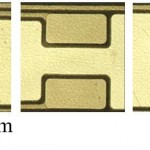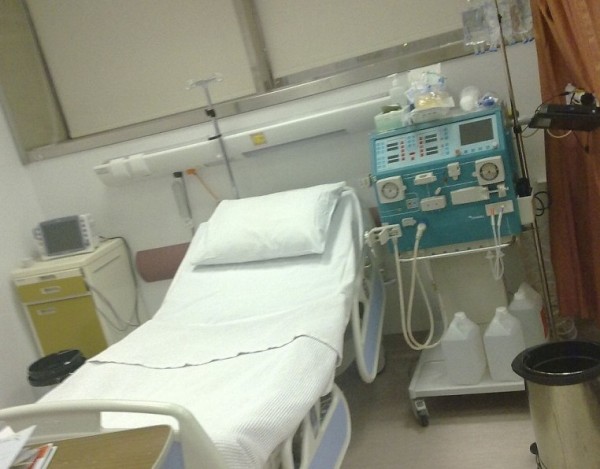Serious Diabetes Complications Increasing Among American Youth
A potentially life-threatening complication of diabetes, diabetic ketoacidosis, has increased by 55 percent in youths diagnosed with type 1 diabetes. The incidence of a...
Children With Type 1 Diabetes at 5-Times the Risk of Hospitalization
Children with Type 1 Diabetes are spending more time in the hospital than non-diabetic children. Find out why, what they are admitted for, and...
Serious Life Events in Childhood Can Triple Risk Of Developing Type 1 Diabetes
New research from Sweden published in Diabetologia (the journal of the European Association for the Study of Diabetes) shows that serious life events (SLEs)...
Breakthrough Will Help Stem Cell Researchers Develop New Type 1 Diabetes Therapies and More
New understanding, say researchers, will help spur advancements in stem cell research and the development of new cell therapies for diseases of the liver...
FDA Approves Eylea to Treat Diabetic Retinopathy and DME
Breakthrough therapy designation granted to Eylea for the treatment of Diabetic Retinopathy with Diabetic Macular Edema. Eylea is administered by a physician once a...
Vaccine for Diabetes Extended to Humans
A molecule that prevents Type 1 diabetes in mice has provoked an immune response in human cells, suggesting that a mutated insulin fragment could be used to prevent Type 1 diabetes in humans. See how this could lead to a vaccine and a treatment for diabetes.
Experts: Greater Safety Review Needed for Insulin pumps
According to a joint statement by the American Diabetes Association and the European Association for the Study of Diabetes about the safety and efficacy...
Additive Manufacturing to Make Diabetes Management Better, Cheaper, More Comfortable
Engineers are using additive manufacturing to create an improved type of glucose sensor for diabetes patients. It will become part of a system that...
Scientists Discover Compound that Prevents Type 1 Diabetes
Researchers tested a compound that eliminated the incidence of diabetes and minimized insulitis, which is the inflammation associated with, and destroyer of, insulin-producing cells....
Teens and Young Adults with Type 1 Diabetes Welcome Peer Mentoring
Majority of those surveyed expressed an interest in a peer mentoring program to improve diabetes control.
Human Skin Cells May Help Treat Diabetes
Starting from human skin cells, researchers have created human insulin-producing cells that respond to glucose and correct blood-sugar levels.
Scientists Identify a Critical Molecule That Helps Explain Why Diabetics Suffer from Non-Healing Wounds
Scientists have identified a critical molecule that helps explain why diabetics suffer from non-healing wounds and pinpoint a target for therapies that could help boost healing.
New Needle-Free Way to Check Glucose Levels: Temporary Tattoo
First-ever example of the flexible, easy-to-wear device offers a noninvasive glucose testing for patients with diabetes.
People with Type 1 Diabetes Live Longer with Early Blood Glucose Control
People with type 1 diabetes who intensively control their blood glucose (blood sugar) early in their disease are likely to live longer than those who do not.
1-in-3 Type 1 Diabetics Still Produce Insulin Years After Being Diagnosed
About one-third of type 1 diabetics (T1D) produce insulin even upward of forty years from initial diagnosis, according to a new study.
Type 1 Diabetics’ Blood Sugar Defense Mechanisms Restored After Islet Cell Transplantation
Type 1 diabetics who have developed low blood sugar (hypoglycemia) as a complication of insulin treatments over time are able to regain normal internal recognition of the condition after receiving pancreatic islet cell transplantation.




